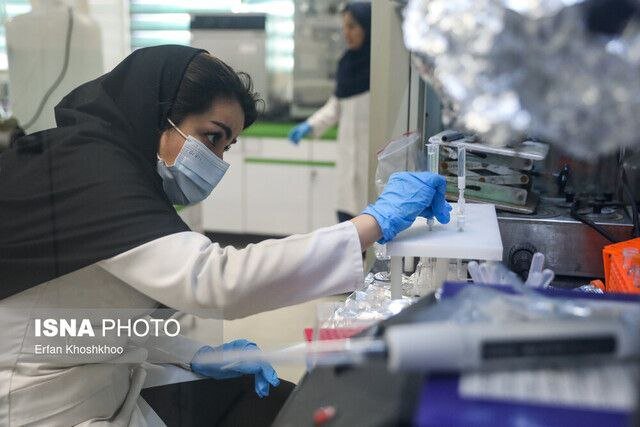INSF, NSFC to support joint research projects

TEHRAN – Iran and China will support the implementation of ten research projects by faculty members following the fifth joint call by the Iran National Science Foundation (INSF) and the National Natural Science Foundation of China (NSFC).
The grant, amounting to 40 billion rials (some $45,000) for each research project, will be allocated to the following fields, ISNA reported.
1. Traditional Medicine and Medicinal Plants:
Evidence-based integration and standardization of traditional Chinese and traditional Persian medicine for major diseases; Sustainable medicinal plants: eco-cultivation, biodiversity, and resilience; and the Application of Digital and AI Tools in the Classification, Analysis, and Clinical Research of Traditional Medicine and Medicinal Plants.
2. Energy:
Renewable Energy; High efficiency Utilization of Conventional Energy; Energy-Related Materials; Storage Technologies; and the Application of Artificial Intelligence in the Energy Field.
Recent joint efforts
Supported by the Iran National Science Foundation and the National Natural Science Foundation of China, an Iranian-Chinese workshop was held on May 31 and June 1, focusing on emerging ways to boost climate change resilience.
The workshop titled ‘Emerging Technologies and Methods for Climate Resilience’ is organized by Sharif University of Technology and Chongqing University, China. It is being conducted both in person and online in the English language. The main objective of the workshop is to identify the most innovative ways to strengthen urban climate change resilience, IRNA reported.
The workshop is centered around climate-responsive urban design and technologies, climate risk management and new technologies to manage risks, urban energy transitioning, climate resilience, water resilience and integrated system planning, smart governance and social adaptation to climate change, and climate system modeling to assess and predict climate change.
It also highlights using artificial intelligence, machine learning, and big data in analyzing and adapting to climate change, sustainable infrastructure, resource management for climate-resilient cities, international cooperation, and the development of joint solutions to enhance urban resilience.
Affecting rainfall patterns, pollination, flowering, and even harvest time, climate change has greatly affected the agriculture sector and food security in many countries, most significantly in Iran, according to the country’s former permanent representative and ambassador to the Food and Agriculture Organization (FAO).
In some parts of the country, the air temperature has increased by 2 degrees while the highest temperature set in the world amounts to 1.5 degrees, IRNA quoted Mohammad-Hossein Emadi as saying.
Studies have shown that for a one-degree increase in temperature on the planet, the amount of evaporation rises by 23 percent, which negatively affects the agriculture and animal husbandry sectors.
Climate change also alters plant growth patterns, disturbing the nutritional values of crops, he stressed.
In addition, unexpected effects of climate change, like drought, floods, and landslides, have all affected food security.
Subsequent to the fourth joint call by the INSF and NSFC, Iran and China supported the implementation of 10 out of 136 research projects proposed.
These projects covered the three fields of energy, regenerative medicine (bioengineering or materials for regenerative medicine), and environment (water and solid waste treatment).
In addition to these research projects, three out of 21 joint workshops on climate change, artificial intelligence, and big data in industrial engineering, advanced materials, and construction were approved to be conducted.
The proposals were initially discussed in each country. Then, specialized working groups evaluated the project in an international committee. Subsequently, the results were exchanged with the Chinese Academy of Sciences.
MT/MG
Leave a Comment